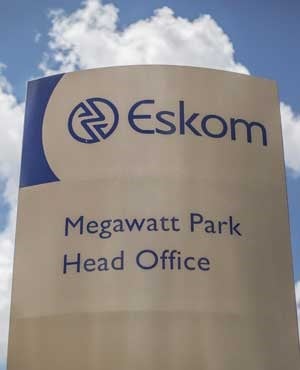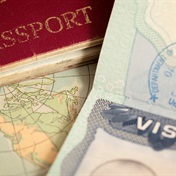
Eskom has refused every request it received from struggling intensive energy users for tariff concessions, the power utility has confirmed.
Among the companies that had applied for lower tariffs was Arcelor Mittal, which recently announced it would close its Saldanha plant in the Western Cape.
City Press’ sister publication, Rapport, has previously reported that nine companies had asked Eskom for concessions.
Chabisi Motloung, chairperson of the Ferro Alloy Producers Association of SA, said the last concessions Eskom had granted were four years ago, when it approved two out of 11 applications.
Silicon Smelters and Sublime Technologies were the only two companies granted concessions.
One of these agreements has since lapsed and has not been approved again, said Motloung.
In a letter to President Cyril Ramaphosa, Motloung previously appealed for government’s intervention to help save about 17 500 jobs in the ferro alloy industry, which are at risk as a result of high electricity prices.
During public hearings about Eskom’s tariffs, the mining industry also warned that high electricity prices were threatening the existence of the gold mining sector.
Eskom confirmed that not one of the nine applications it received complied with the necessary requirements. Tariff concessions are only available for a period of two years, for companies that can show that they are financially constrained because their international competitors are more competitive due to lower power costs.
To qualify for a discount, an applicant must show that electricity is one of the company’s three biggest cost items. The company must prove it is responsible for 75% of the country’s production in the specific market they service.
Eskom then uses a formula to determine a special price, which takes into account, among other things, Eskom’s short-run marginal cost price plus 15%. That is the cost that Eskom incurs to produce an extra unit of electricity when it is already in operation.
Motloung said the problem was that Eskom’s costs were so inflated by its ongoing use of diesel turbines that the formula in some cases dictates a price that is higher than the normal tariff.
The power utility this week told industry leaders at a meeting that it would ask the department of mineral resources and energy to review the framework so that agreements could be concluded for longer than two years and to increase room for tariff concessions, said Herman Pretorius, chairperson of the Energy Intensive User Group (EIUG) of Southern Africa.
However, this process could take some time, but all the while the industry continues to bleed. It took longer than a year to finalise the present framework.
Pretorius said the EIUG was not even asking for concessions at the moment.
Intensive users such as mines and smelters currently pay unrealistically high electricity tariffs because they subsidise other users such as households. According to Eskom, this subsidy amounts to R18 billion per year.
Pretorius said that up to a fifth of the tariffs that the EIUG’s members pay have nothing to do with the cost of providing power to them, but is actually aimed at alleviating the burden on other consumers.
This has to come to an end, says EIUG. The organisation’s members are also asking for agreements over a period longer than two years.
The failure of the framework for special concessions to intensive consumers does not just hurt consumers. Eskom itself is trying to increase its sales volumes or maintain them at present levels. This was one of the ways it wanted to battle declining sales.
During the last round of tariff determinations, valid until 2022, the energy regulator Nersa found that Eskom’s expectations in respect of future sales were unrealistic and adjusted them downward.
This was one of the reasons that Nersa approved R100 billion less than Eskom asked for during the current tariff period.




 Publications
Publications
 Partners
Partners









